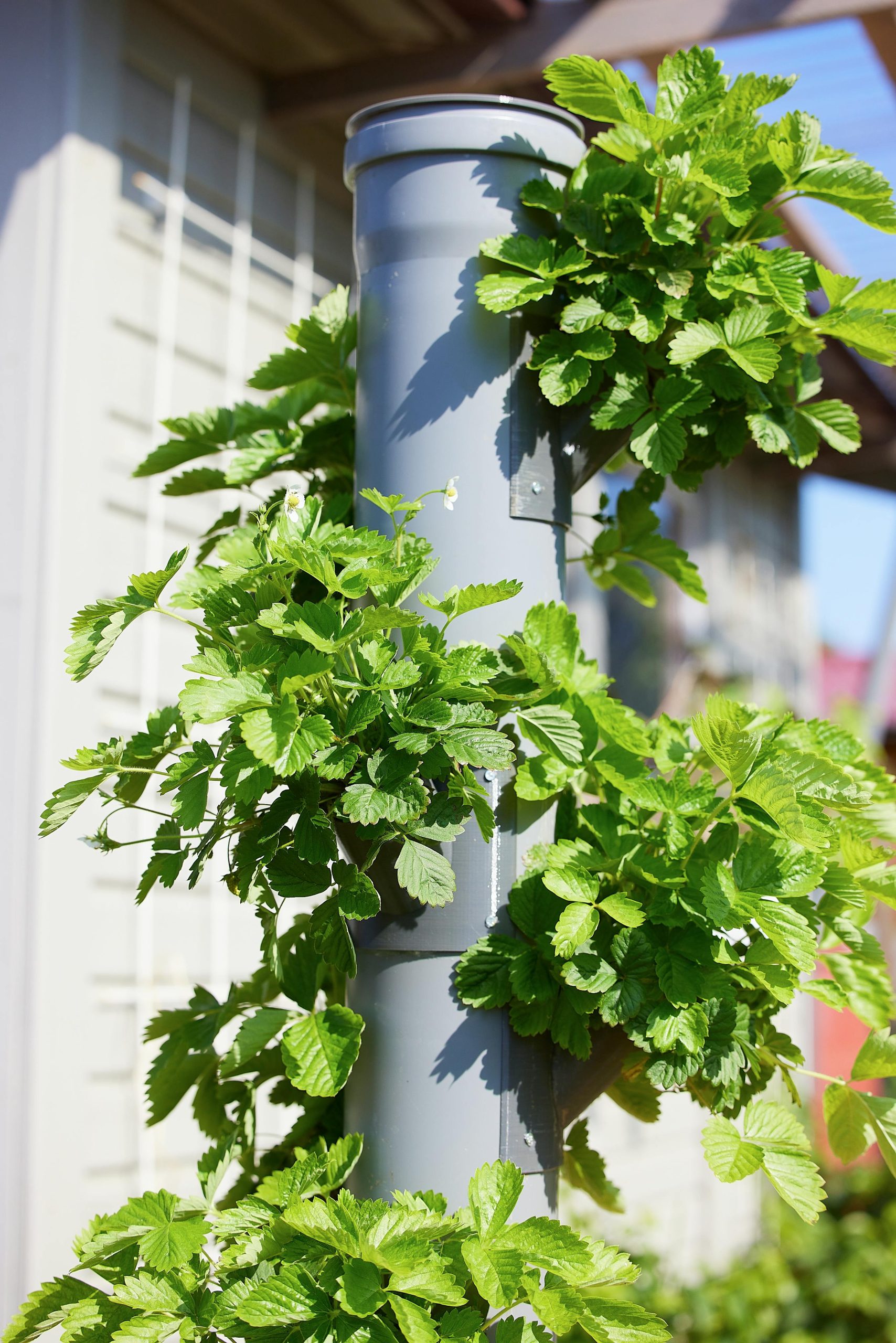For years, the “USDA Organic” seal has been the gold standard for health-conscious shoppers. Brands have fought hard and paid a lot of money to get this certification for their products. However, a new trend has emerged in 2025. Some brands are now quietly removing the organic label from their packaging. They are making a deliberate choice to abandon the certification they once prized. This surprising move is the result of several deep frustrations with the modern organic industry.

The Prohibitive Cost of Certification
Achieving and maintaining a USDA Organic certification is incredibly expensive. Farmers and food producers must pay high fees for inspections and paperwork. They must also follow strict rules that can increase their operating costs. For many smaller brands and farms, these costs are no longer sustainable. They find that the small price premium they can charge for an organic product no longer justifies the massive expense of the certification itself.
The Rise of “Regenerative” as a Buzzword
A new buzzword has captured the attention of health-focused shoppers: “regenerative.” This term refers to a holistic approach to farming that aims to improve soil health and biodiversity. Many farmers feel that “regenerative” is a much higher and more meaningful standard than “organic.” As a result, some brands are dropping their organic certification. They are instead investing in a regenerative certification, which they believe better communicates their commitment to environmental stewardship.
Frustration with Weakening Standards

Many of the original pioneers of the organic movement feel that the USDA Organic standards have been watered down over the years. They are frustrated by the allowance of things like hydroponic farming, which grows plants without soil, under the organic label. This has led some purist brands to abandon the USDA seal. They feel it has been compromised by corporate influence and no longer represents the true spirit of organic farming.
Supply Chain Challenges
To be certified organic, 70%-90% of ingredients in a product must be certified organic. In today’s volatile supply chain, this can be a major challenge. A brand might be unable to find a reliable, certified organic source for a key ingredient, like a specific spice or oil. This forces them to either change their recipe or to drop the organic claim from their packaging altogether.
A New Definition of “Good Food”
The quiet removal of the organic label is a sign of a maturing market. Consumers and brands are now looking beyond a single government seal. They are embracing a more nuanced definition of “good food.” This new definition includes concepts like soil health, local sourcing, and regenerative practices. The USDA Organic seal is no longer the only game in town.
Are you still loyal to the USDA Organic seal? Or do you look for other labels, like “regenerative,” when you shop? Let us know your thoughts!
What to Read Next
- 8 “Organic” Foods That Were Found to Contain Pesticides
- Why So Many Organic Certifications Are Under Fire
- 7 Organic Labels That Don’t Actually Mean What You Think
- 6 Foods Labeled “Organic” That Wouldn’t Pass European Standards
The post Why Are Some Organic Labels Being Quietly Removed in 2025? appeared first on Grocery Coupon Guide.







